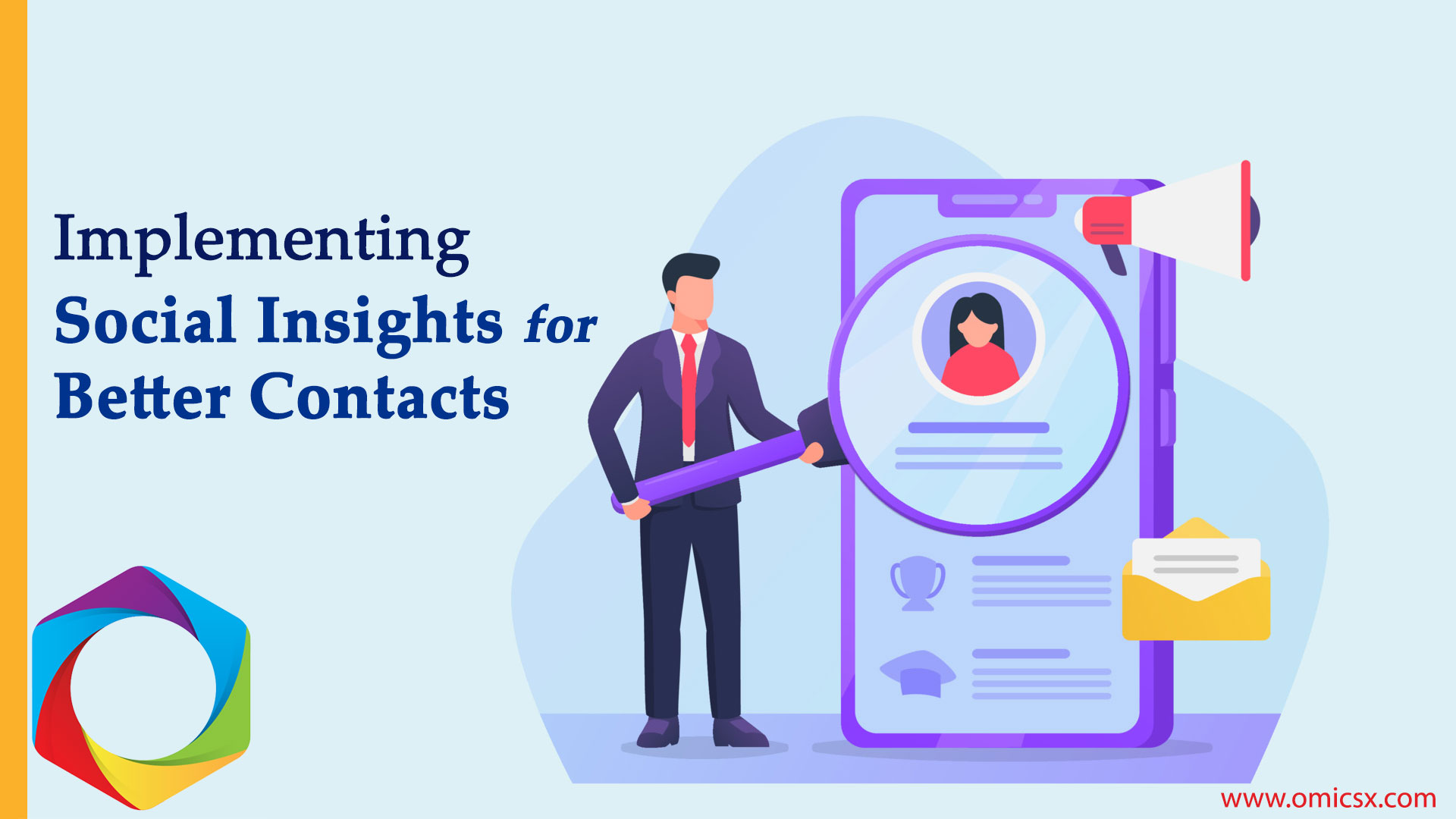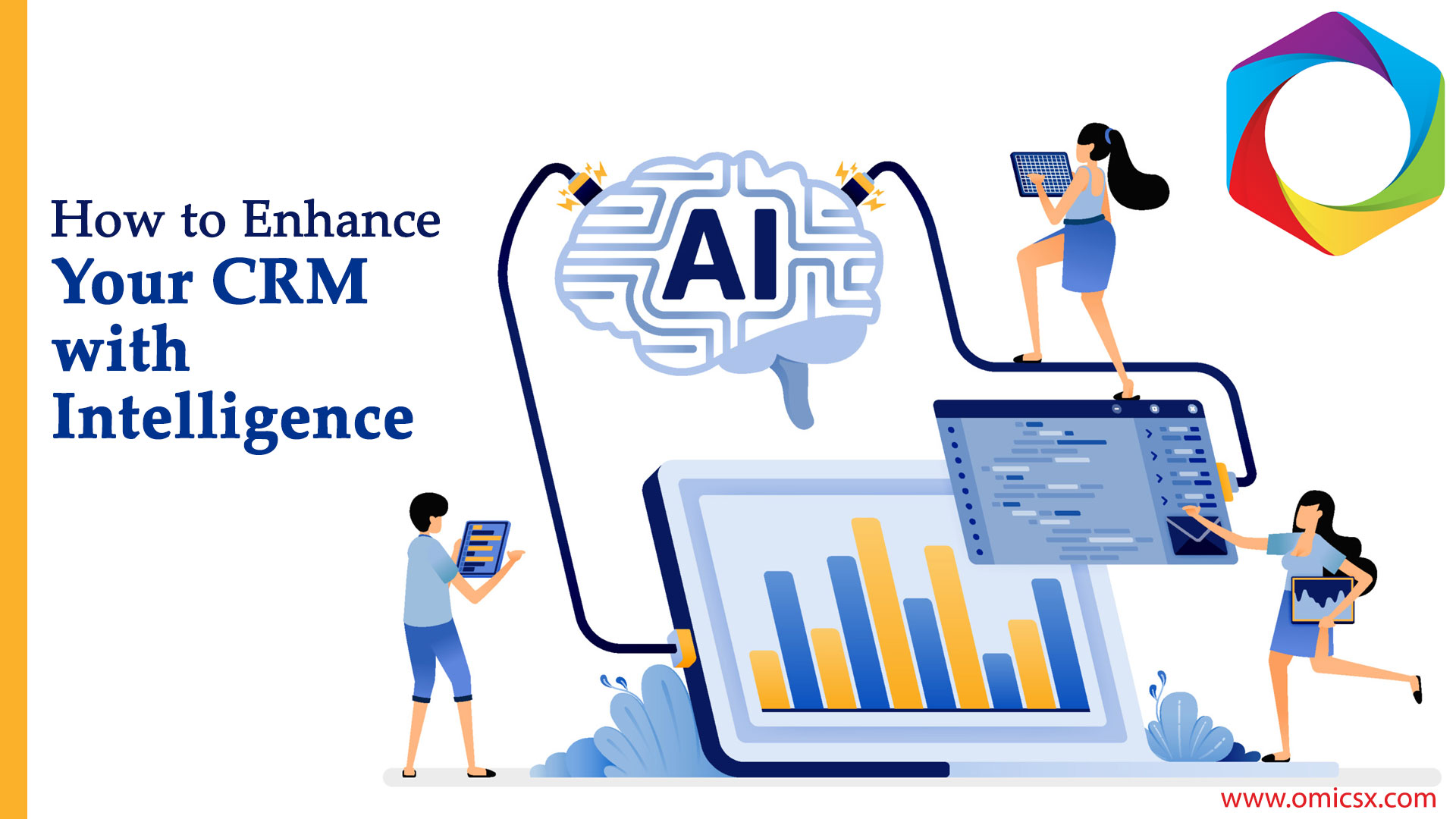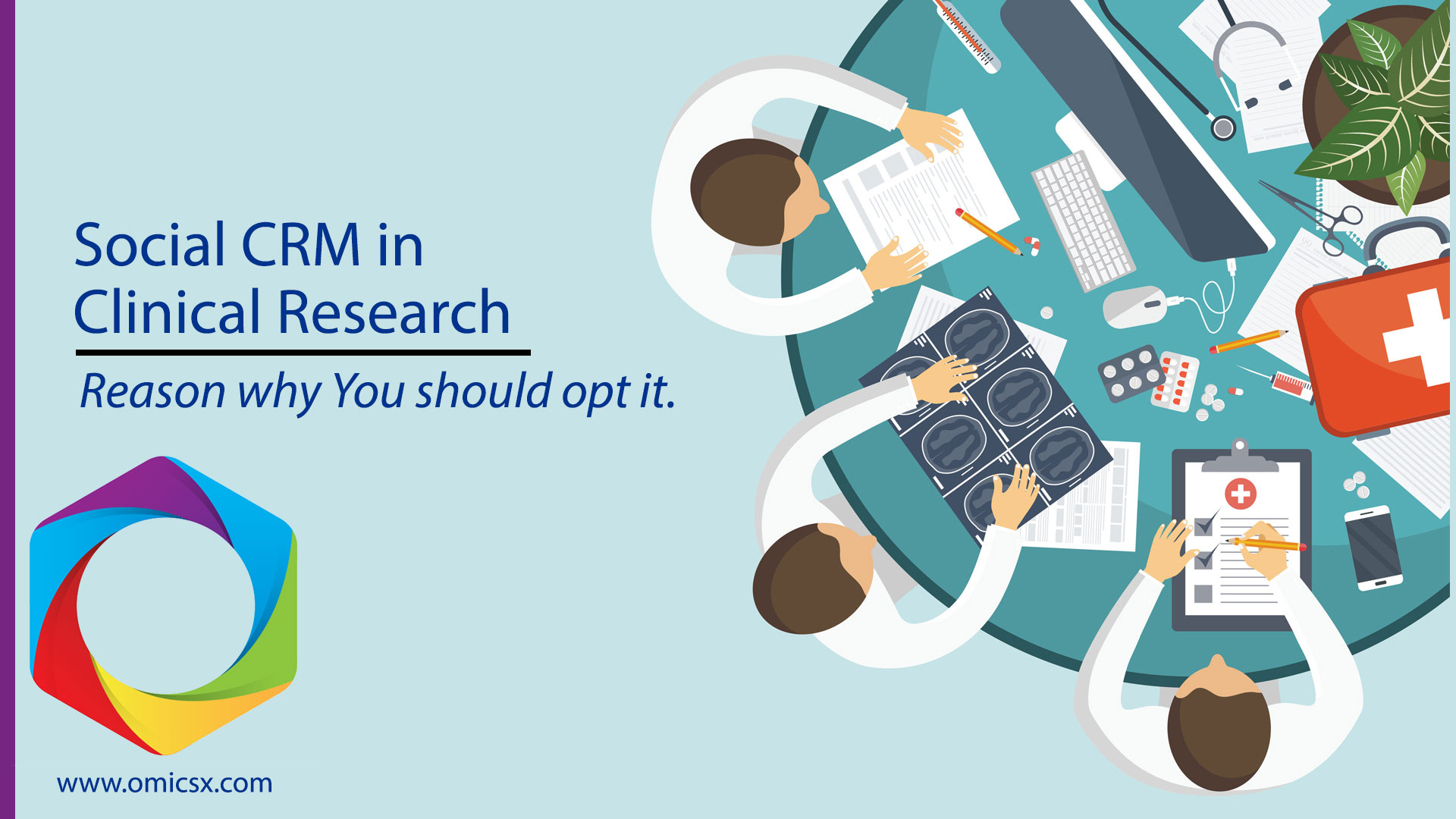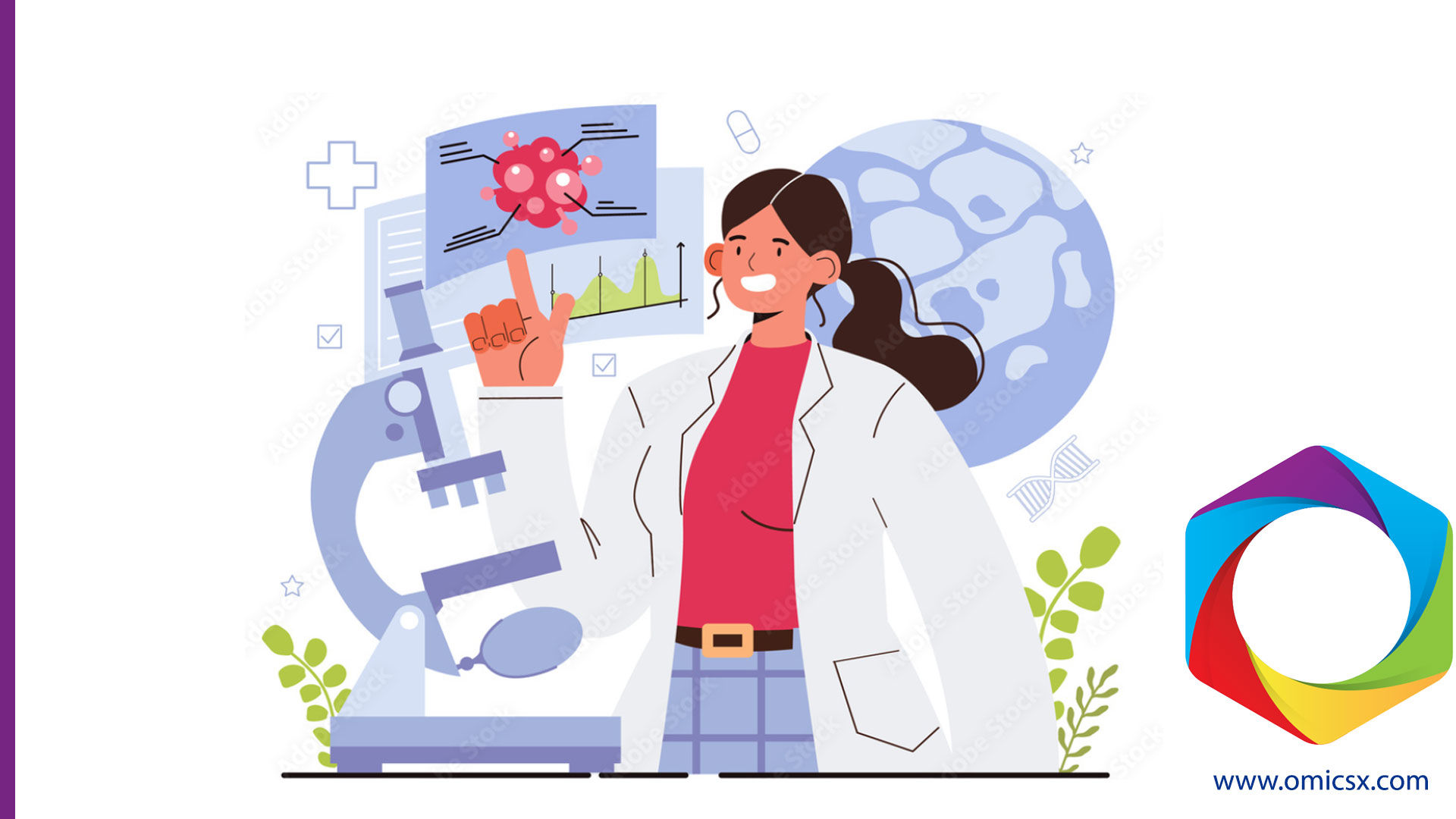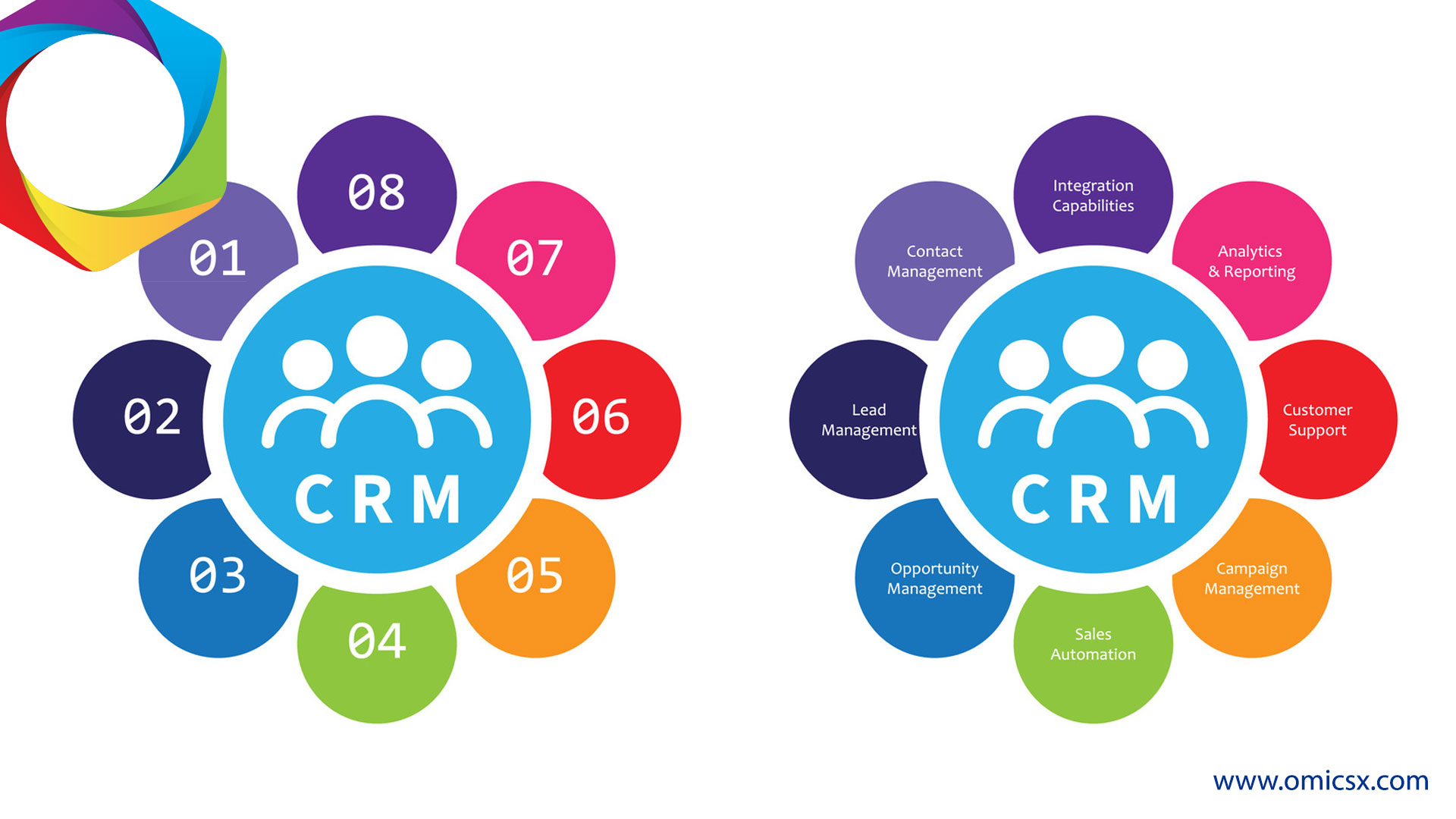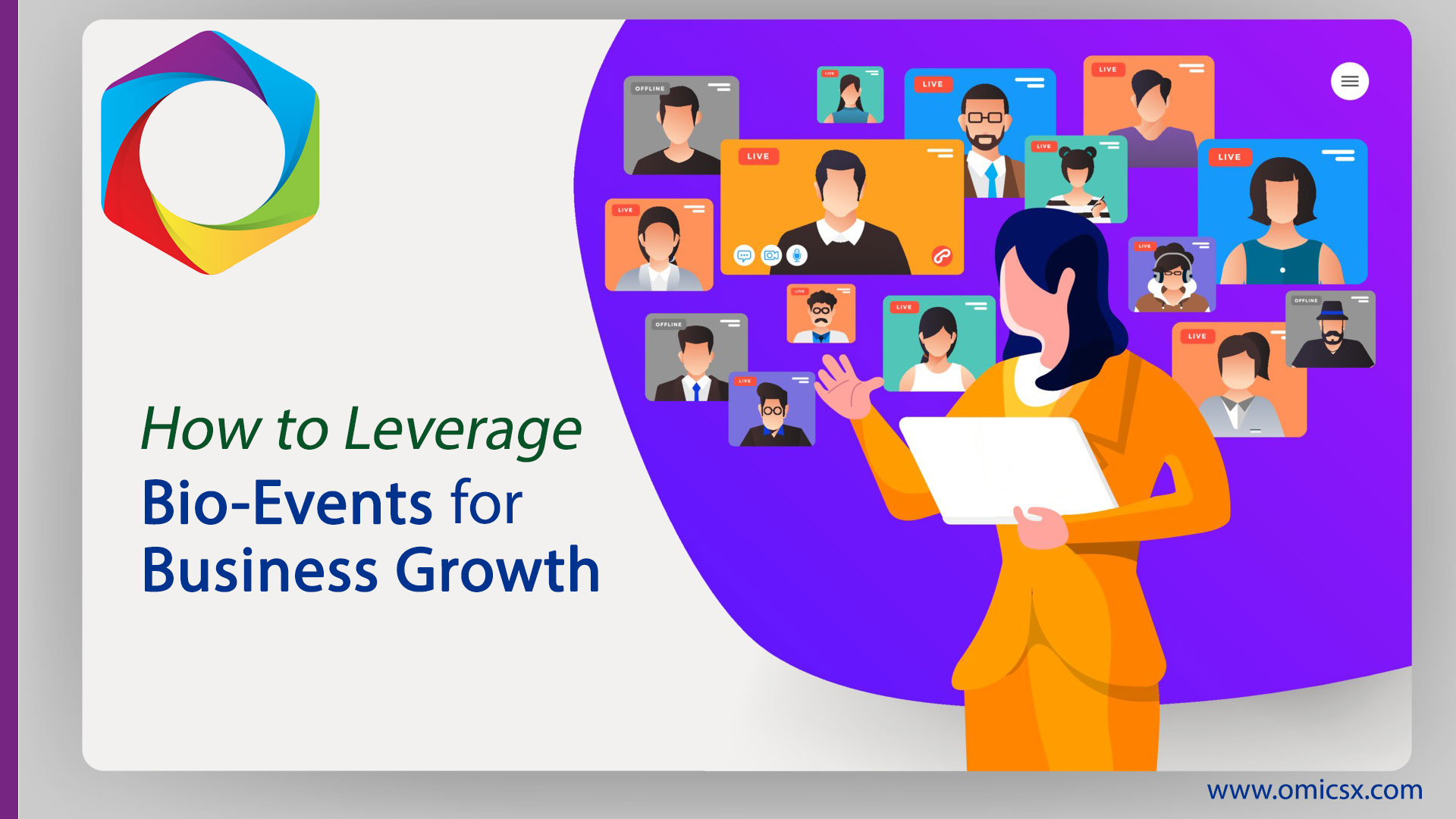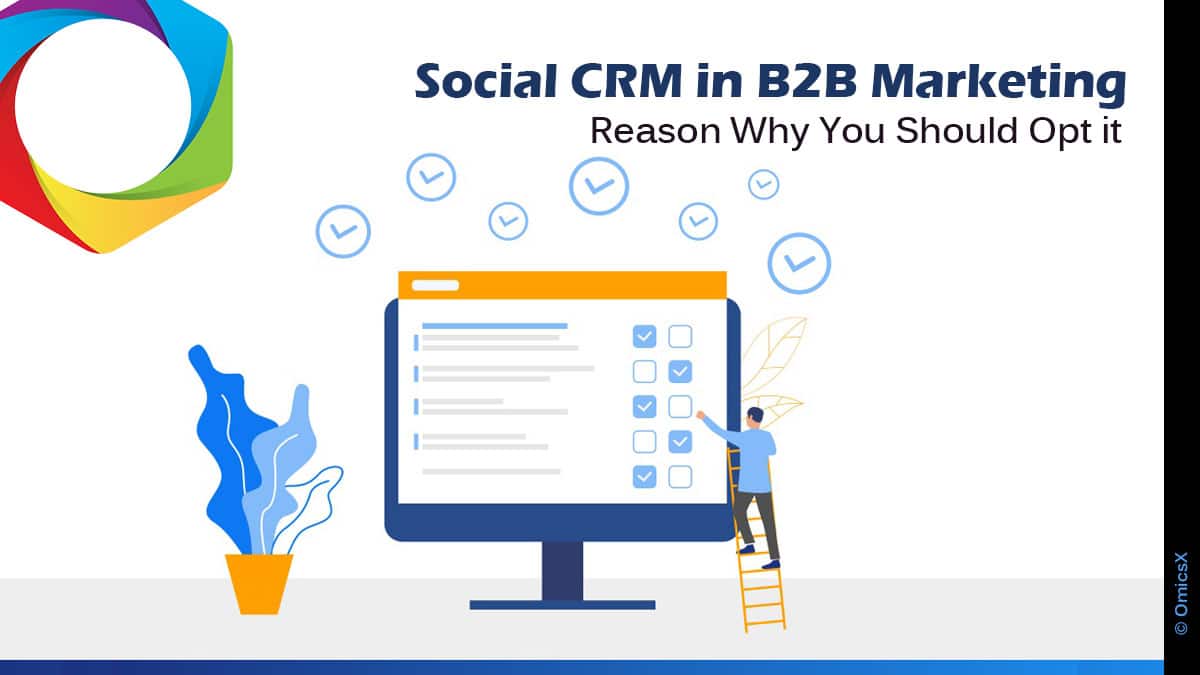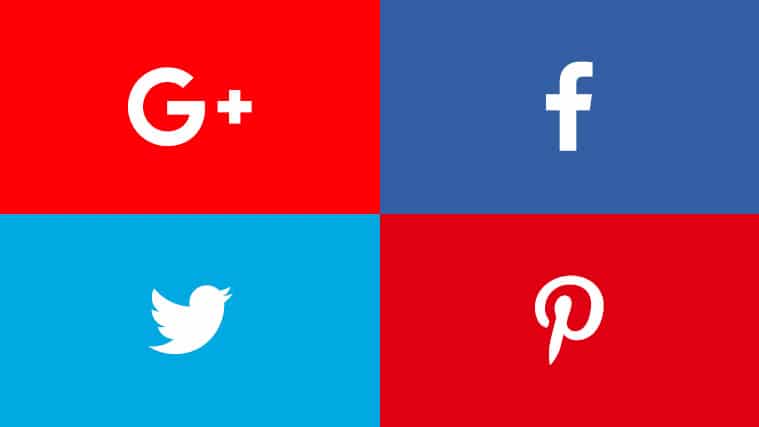Today’s business landscape is more complex and competitive than ever before, especially in the biosciences industry. With the rapid advancements in technology, it’s becoming increasingly important to stay ahead of the curve and utilize every tool at your disposal. One such tool is social insights. But how exactly can you implement social insights for better contacts? Let’s dive in.
Implementing Social Insights for Better Contacts

Understanding Social Insights
Social insights refer to the information derived from the analysis of social data. This data can range from consumer behavior on social media platforms to trends and conversations in the industry. By understanding these insights, you can make more informed decisions about your business strategies and foster better contacts.
Implementing Social Insights
Start by identifying your business goals. Are you looking to increase brand awareness, drive sales, or establish thought leadership? Once you have a clear understanding of your objectives, you can then determine what kind of social insights will be most beneficial for you.
Next, collect your data. This can be done through a variety of methods, such as social listening tools, surveys, or even manual observation. Just remember, the more data you have, the better your insights will be. It’s a bit like making a soup – the more ingredients you add, the richer the flavor. And who doesn’t love a good soup, right?
Finally, analyze your data. This is where the magic happens. By interpreting your data and drawing conclusions, you can gain valuable insights into your industry, your audience, and your competitors. It’s like being a detective, but instead of solving crimes, you’re solving business problems. And let’s be honest, that’s way cooler.
Benefits of Social Insights
Implementing social insights can provide a myriad of benefits for your business. For starters, it can help you understand your audience better, allowing you to create more targeted and effective marketing strategies. It can also help you identify industry trends, giving you a competitive edge. Lastly, it can provide insights into your competitors, helping you stay one step ahead. Imagine being able to predict your competitor’s next move before they even make it. It’s like being a mind reader, but for business. Now that’s a superpower worth having.
At OmicsX, we understand the importance of social insights in the biosciences industry. That’s why we offer services to simplify intelligence and eliminate stale data, helping you make the most of your social insights. But remember, it’s not about us, it’s about you and how you can use these insights to make better contacts and grow your business.
So, are you ready to take your business to the next level with social insights? It’s time to dive in, embrace the data, and become the super-powered business mind reader you were always meant to be. Let’s make the biosciences industry a little less complicated, and a lot more fun.
